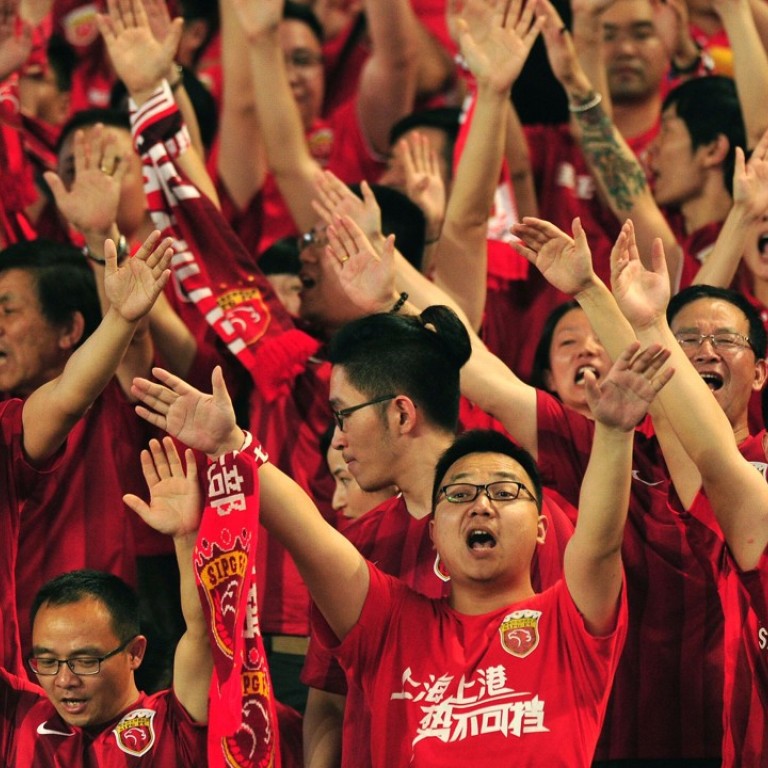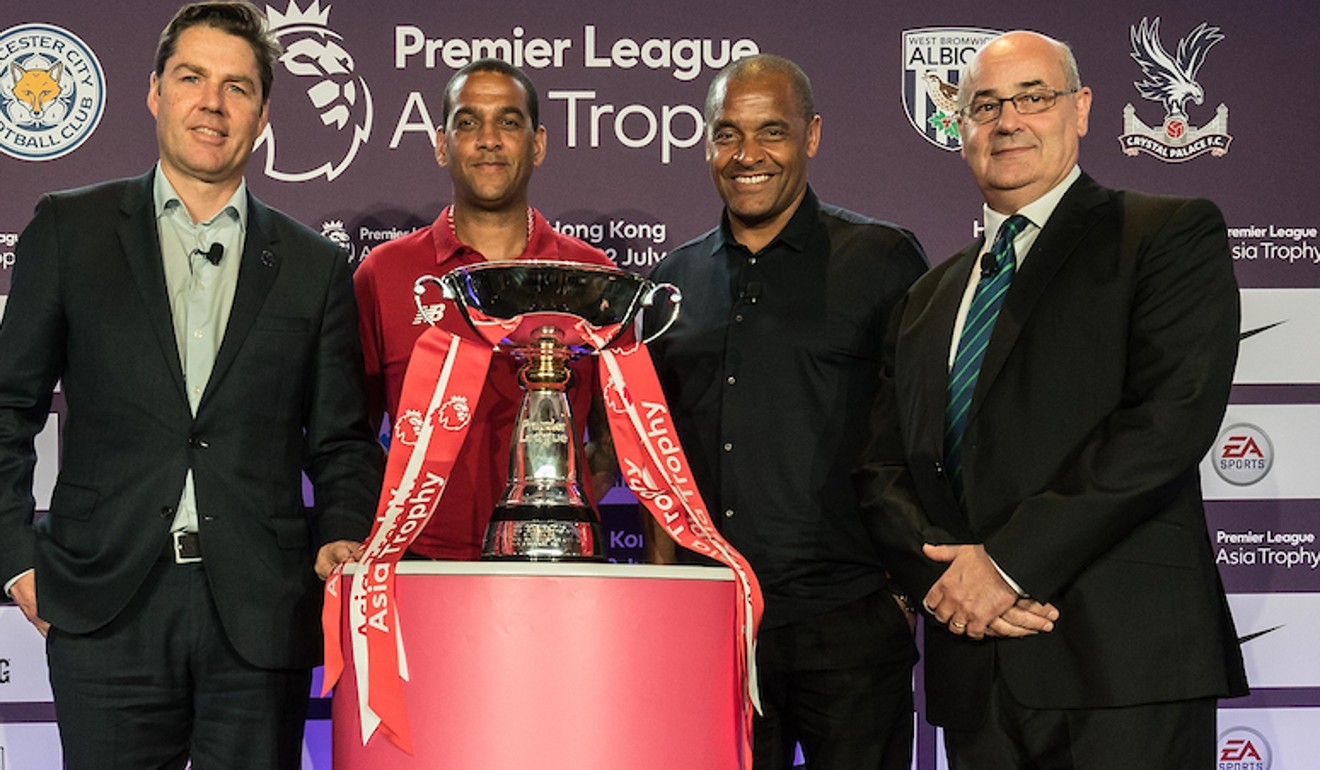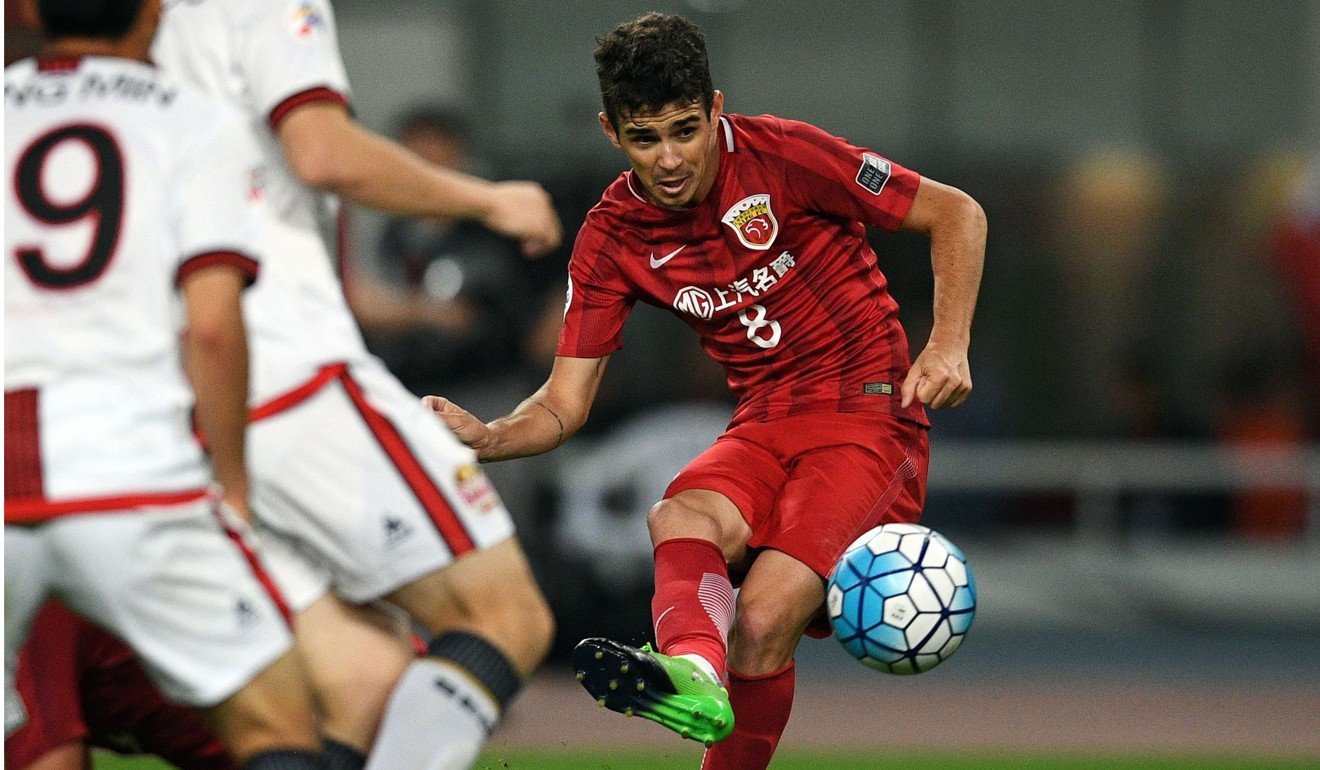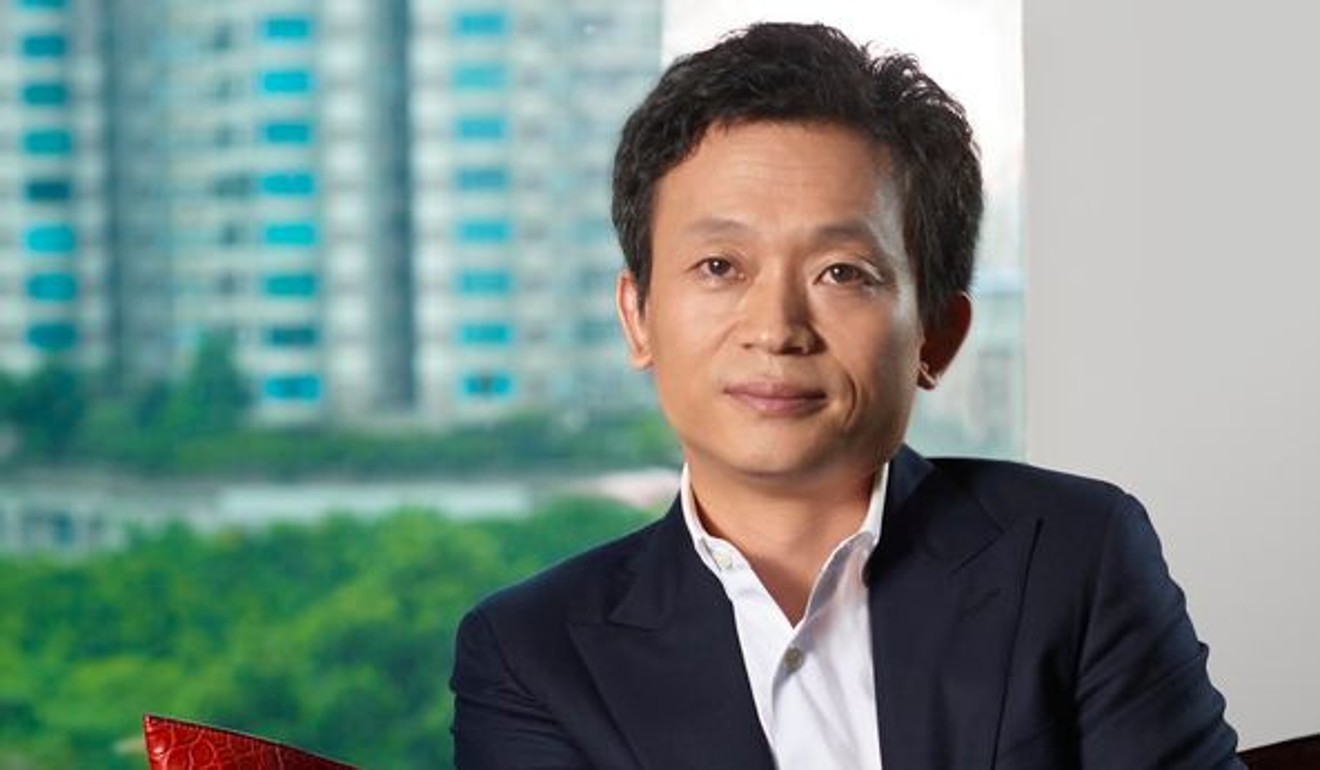
English Premier League boss: China’s grand football ambitions are an opportunity, not a threat, for us
Managing director Richard Masters is sanguine about the big-spending Chinese Super League and the rise of China club takeovers
The recent football bubble in China has led to all manner of headlines predicting the possible end of the English Premier League’s hegemony as the most popular and richest soccer league in the world.
Oscar’s move from Chelsea to Shanghai SIPG in January – €60 million for a Brazilian international who should have been hitting his peak aged just 25 – saw a spate of stern warnings from managers and pundits about the threat posed by the big-spending Chinese Super League.
Far from it. Any boost to football in China – and the Premier League’s other key markets where the game is not the number one sport, such as the United States and India – can only help, insisted Richard Masters, the league’s managing director, in an interview in Hong Kong this week.
“We genuinely see the development of the Chinese Super League as a positive for us as well as them,” said Masters.

“If you’re talking about the competitive nature of players, some players going from Premier League to Chinese Super League, then it’s a competitive marketplace and global marketplace and people will be interested in Premier League players from all around the world,” Masters added.
“I don’t think it really is seen as a threat at all – much more of an opportunity.”
Masters was in Hong Kong to launch the Premier League Asia Trophy, which will see Liverpool, Leicester City, Crystal Palace and West Bromwich Albion in action at Hong Kong Stadium on July 19 and 22.
Initial plans to split the tournament between Hong Kong and mainland China proved off-puttingly difficult logistically, but there is no doubt the Premier League – like all leagues, clubs and brands anywhere – remain laser focused on the mainland market and its 1.3 billion potential consumers for the ‘product’.
“Of course China is a huge opportunity, both for clubs and the Premier League,” said Masters.
“You’ve seen recently we’ve announced a television deal that goes beyond where we are currently. I think that it’s going to be an interesting time as we look at China.

“We have 10 key markets and really for me the three biggest are the US, India and China as far as the potential for Premier League to grow in those markets. They all share something in common which is that football is not the number one sport.
“It is good, we think, that the Chinese Super League is taking hold in China and we have a cooperation agreement with them, we share knowledge on a regular basis and we hope that football really takes off there – because we think it will benefit us and benefit other European leagues as well.”
At the same time as the player transfer floodgates opened in China, a spate of investors and companies who had previously shown little or no interest in football got involved in purchasing stakes or outright ownership of European clubs.
In the Premier League, only Manchester City (13 per cent stake owned by China Media Capital and CITIC Group) and West Brom (87.8 per cent owned by Guangdong entrepreneur Lai Guochuan through a holding company) so far have Chinese involvement, though others including Liverpool, Southampton and Hull City have been linked with potential takeovers.
In the tier below, though, Aston Villa, Birmingham City, Wolverhampton Wanderers are all China-owned, with Reading recently following suit.

That last deal led to reports in England that Reading could have been blocked from the Premier League had they won promotion in the Championship play-off final because of suspicions over the probity of the prospective new owners; fans in the Midlands are increasingly becoming disenchanted with their clubs’ owners.
“I don’t think the destination from where our owners come from is an issue and we’ve proven that,” said Masters. Fourteen of the 20 clubs in next season’s Premier League will be part- or wholly foreign-owned.
“Everyone has to pass the same test whatever country they’re from. It is up to clubs to decide ultimately if they wish to dispose of their club to somebody else who they want to sell it to.
“Our job as a league is to ensure that person is fit and proper to own it – and everyone that owns a Premier League club is.”

